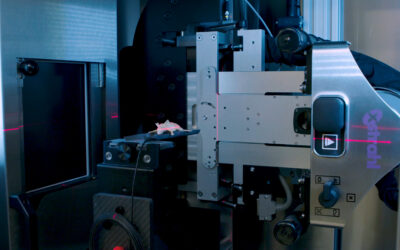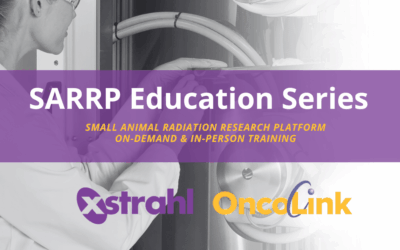Autophagy is a cell survival process essential for the regulation of immune responses to infections. However, the role of T cell autophagy in anti-tumor immunity is less clear. Here, we demonstrate a cell-autonomous role for autophagy in the regulation of CD8+ T-cell-mediated control of tumors. Mice deficient for the essential autophagy genes Atg5, Atg14, or Atg16L1 display a dramatic impairment in the growth of syngeneic tumors. Moreover, T cells lacking Atg5 have a profound shift to an effector memory phenotype and produce greater amounts of interferon-γ (IFN-γ) and tumor necrosis factor α (TNF-α). Mechanistically, Atg5-/- CD8+ T cells exhibit enhanced glucose metabolism that results in alterations in histone methylation, increases in H3K4me3 density, and transcriptional upregulation of both metabolic and effector target genes. Nonetheless, glucose restriction is sufficient to suppress Atg5-dependent increases in effector function. Thus, autophagy-dependent changes in CD8+ T cell metabolism directly regulate anti-tumor immunity.
DeVorkin L, Pavey N, Carleton G, Comber A, Ho C, Lim J, McNamara E, Huang H, Kim P, Zacharias LG, Mizushima N, Saitoh T, Akira S, Beckham W, Lorzadeh A, Moksa M, Cao Q, Murthy A, Hirst M, DeBerardinis RJ, Lum JJ.







